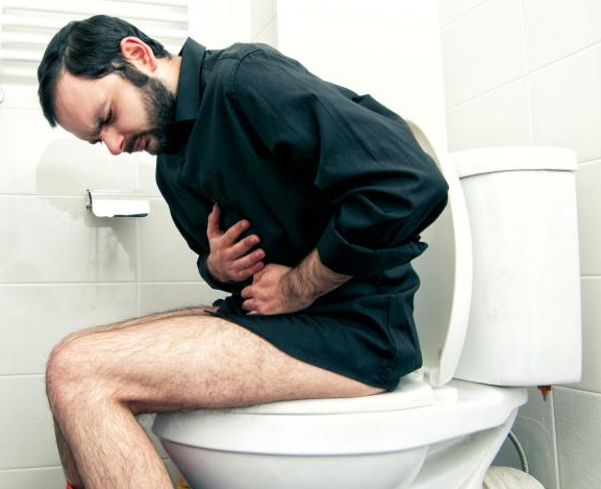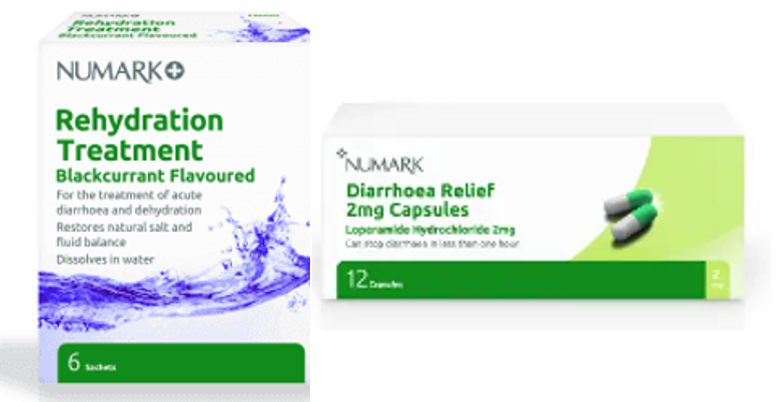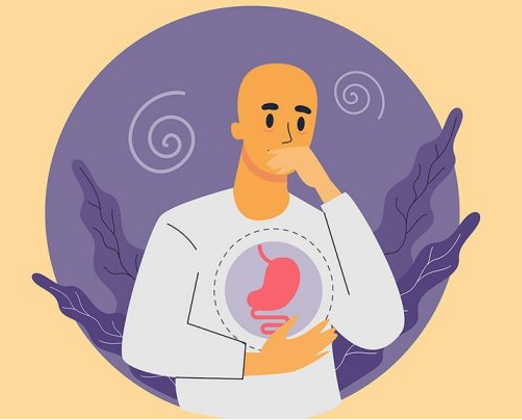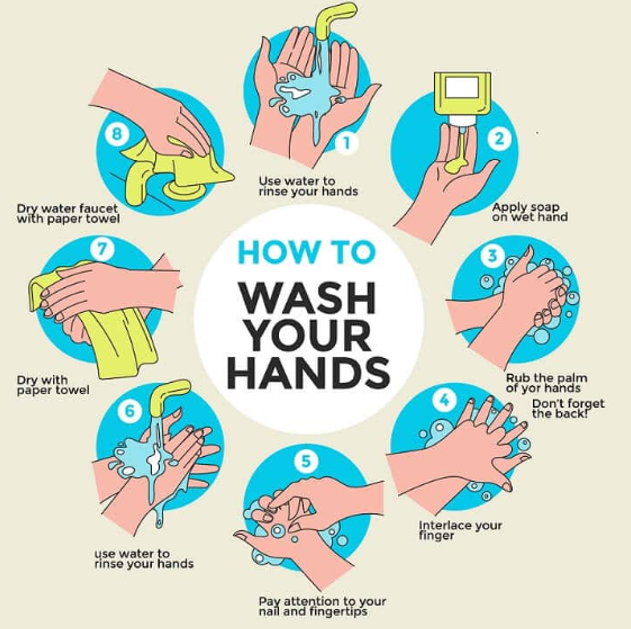Travellers’ Diarrhoea and Sickness
Travellers’ diarrhoea is a common condition that individuals experience when travelling overseas. According to Travel Health Pro over 20 per cent of travellers are affected by this condition when visiting high risk locations. Travellers’ diarrhoea is commonly spread by poor sanitation and hygiene. Patients with pre-existing health problems may experience more serious symptoms.
It is usually caused by micro-organisms including:
-
Bacteria – Escherichia coli (E. coli), primarily enterotoxigenic strains (ETEC). This is one of the most common bacterial causes of traveller’s diarrhoea. Other bacterial causes of traveller’s diarrhoea include Campylobacter jejuni, Salmonella species and Shigella species. These infections are usually associated with severe abdominal pains and fever.
-
Parasites – certain parasitic infections are known to cause diarrhoea, including Giardia intestinalis, Entamoeba histolytica and Cryptosporidium parvum. In these cases, the illness lasts longer than a few days and the stools may be bloody.
-
Viruses – some estimates suggest that around one in three cases of traveller’s diarrhoea is caused by or associated with a viral infection, particularly norovirus and rotavirus.
-
Unknown causes – a cause can't be found in approximately one-fifth to half of all cases of traveller’s diarrhoea. It is thought that diarrhoea may be the gastrointestinal system's response to unfamiliar micro-organisms.
Symptoms for travellers’ diarrhoea include:
- Abdominal bloating, cramps, and pain
- Nausea
- Urgency to go to the toilet
- Loose, watery stools (faeces or poo) passed frequently
- Mild temperature
- General malaise (weakness or discomfort).
In most cases, diarrhoea will clear up in 3-4 days with treatment (i.e. taking medication to stop diarrhoea like loperamide), however, it is important that individuals keep their fluids topped up, as these can be lost with each bowel movement. Recommending rehydration therapy to be taken after each bowel movement will ensure they can keep fluids maintained. Both oral rehydration sachets you mix with water to make a drink and medicines to stop diarrhoea for a few hours (Loperamide) are available to purchase from NumarkNet and can be found at the following links. Diarrhoea and Rehydration
Unfortunately, when an individual has ingested harmful micro-organisms causing diarrhoea there is also a major chance that the symptoms caused will also include sickness i.e. nausea and vomiting. Although the NHS Food Poisoning and NHS Diarrhoea and Vomiting websites cover further treatment options with regards to treating the nausea the use of anti-emetics and antimicrobials medications are usually not recommended unless very severe and are then prescribed by the customer's GP.
Here is some brief advice you can provide your customers to improve personal hygiene and reduce the risk of both travellers’ diarrhoea and sickness:
- Always wash your hands thoroughly with soap and water before preparing, handling, or eating food and going to the toilet.
- Always carry antibacterial gel or wipes in case there is no availability of running water.
- Try to ensure plates, cutlery and glasses are clean before use and washed with sterile water.
- Ensure you drink sterile water – in most countries it is not recommended to drink tap water - try to stick to bottled water (check the seal is not broken).
- Avoid having ice cubes or crushed ice – this may not be made of sterile water.
- Try and avoid salads – unless they have been washed in sterile water.
- Ensure food is cooked thoroughly before eating.




